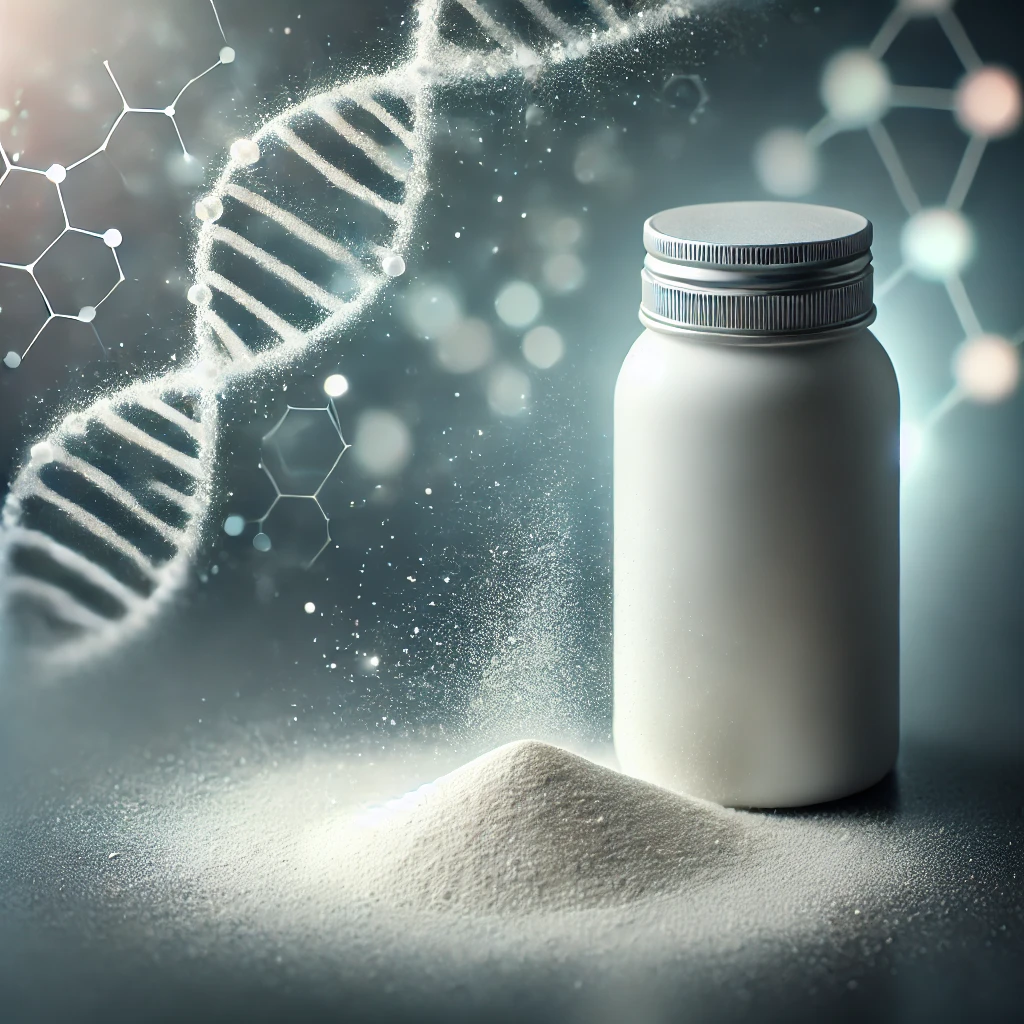
Talcum powder, commonly used for its moisture-absorbing properties, has been a staple in personal hygiene routines for decades. However, concerns have emerged regarding its potential link to cancer, particularly ovarian cancer and mesothelioma. This article delves into the relationship between talcum powder and cancer, examining scientific research, legal developments, and safety considerations.
Understanding Talcum Powder
Talcum powder is primarily composed of talc, a naturally occurring mineral known for its softness and moisture-absorbing capabilities. It’s widely used in products like baby powder and cosmetics to prevent chafing and maintain dryness.
The Cancer Connection: What Does the Research Say?
The potential link between talcum powder and cancer has been a subject of scientific investigation for years. Studies have produced mixed results:
- Ovarian Cancer: Some research suggests a possible association between perineal (genital) use of talcum powder and an increased risk of ovarian cancer. A pooled analysis of case-control studies indicated a modest increase in risk among frequent users. However, cohort studies have provided more ambiguous results, and no definitive causal relationship has been established.
- Mesothelioma: Mesothelioma is a rare cancer linked to asbestos exposure. Concerns have arisen over potential asbestos contamination in talc products, as both minerals can occur naturally together. Some lawsuits have alleged that asbestos-contaminated talcum powder led to mesothelioma. Nonetheless, the evidence remains inconclusive, and regulatory standards require cosmetic-grade talc to be asbestos-free.
Regulatory and Legal Developments
The debate over talcum powder’s safety has led to significant legal actions and regulatory scrutiny:
- World Health Organization (WHO): In July 2024, the International Agency for Research on Cancer (IARC), part of WHO, classified talc as “probably carcinogenic” to humans, based on limited evidence linking perineal use to ovarian cancer.
- Johnson & Johnson Lawsuits: Johnson & Johnson (J&J) has faced numerous lawsuits alleging that its talc-based products caused cancer. In April 2023, a subsidiary of J&J proposed a $6.48 billion settlement over 25 years to resolve U.S. allegations that its talcum powder caused ovarian cancer. The company maintains that its products are safe and free from asbestos.
- Product Recalls: In October 2024, Dynarex Corporation expanded a recall to nearly 42,000 bottles of baby powder due to potential asbestos contamination, highlighting ongoing concerns about product safety.
Safety Considerations for Consumers
Given the ongoing debate and legal developments, consumers may consider the following precautions:
- Check Product Labels: Opt for products labeled as asbestos-free and adhere to safety standards.
- Alternative Products: Consider using cornstarch-based powders, which serve similar purposes without the associated concerns.
- Stay Informed: Keep abreast of updates from reputable health organizations and regulatory bodies regarding product safety.
Conclusion
The relationship between talcum powder and cancer remains a complex and evolving issue. While some studies suggest a potential link, definitive evidence is lacking, and regulatory bodies continue to assess the risks. Consumers are advised to stay informed and exercise caution when choosing personal care products.